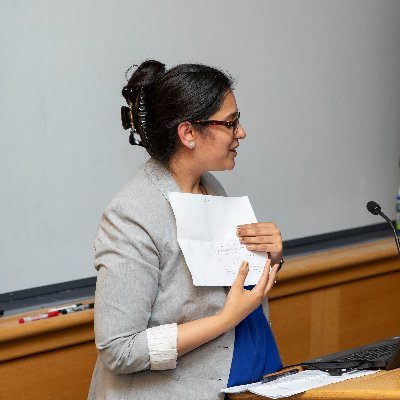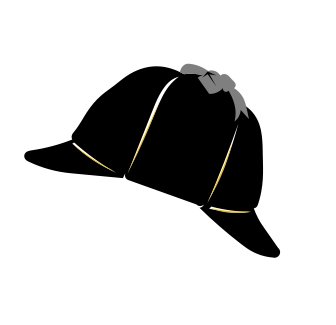
Tony Breu
@tony_breu
Followers
83K
Following
8K
Media
1K
Statuses
9K
Hospitalist, VA Boston. Assistant Professor, @harvardmed and @HMSbioethics. Co-host, @CuriousClinPod. Usually at #AMreport. Views are my own.
Boston, MA
Joined April 2012
📣VERY exciting announcement… 📣 @tony_breu and I are writing a book, to be published by @wwnorton! Working title is: WHY DOESN’T YOUR STOMACH DIGEST ITSELF? It’s all about the wondrous ways that the human body is resilient, and we can’t wait to share it with you 😊 Also:
13
23
155
Nothing says match day like tubs of ice cream.
1
1
21
@tony_breu Thanks for that really interesting thread. A review that has just been published may be of interest to you and your audience: https://t.co/qBjnP7mbdj
1
2
11
1/ Does the tryptophan in turkey really cause a food coma? I've heard this repeatedly, while also being told that it is a myth. Let's have a look at the physiology of a Thanksgiving meal...
22
359
668
9/9 💧 An increase in effective osmoles (e.g., sodium) produces thirst via the movement of water out of cells (i.e., intracellular dehydration) 💧Urea and other ineffective osmoles don't produce the same shifts and, therefore, lead to less thirst
2
2
51
8/ The mechanism described above helps explain why other ineffective osmoles that increase serum osmolarity (e.g., glucose) are not independent drivers of thirst. https://t.co/XUj21fUWQE
2
0
22
7/ The explanation above leads to a beautiful symmetry of thirst promoters. Either... ➤EXTRAcellular volume depletion ...or... ➤INTRAcellular volume depletion... ...will make you seek water.
1
0
24
6/ What is the "sensor" for cellular dehydration? It appears that transient receptor potential vanilloid 1 (TRPV1) is key. TRPV1 is a non-selective cation channel that detects harmful stimuli like heat and capsaicin. 💡 It is also activated by cell shrinking!
2
1
31
5/ Based on this experiment, Gilman concluded that it is INTRAcellular dehydration that leads to thirst. This results from a hypertonic extracellular space (e.g., hypernatremia) and the movement of water outside of cells. https://t.co/tPm7OVivDS
1
4
36
4/ Gilman then made another crucial observation: 💡Only NaCl led to a reduction in serum specific gravity. This suggested a shift of water from the intracellular to the extracellular space. This only occurs with an effective osmole (e.g., sodium) and not an ineffective osmole
1
1
23
3/ After 30 minutes, the dogs were offered water, and had blood work drawn. Gilman made two key observations: 🔑 The increase in serum osmolarity with hypertonic NaCl and urea were nearly identical 🔑 Dogs drank significantly more water after hypertonic NaCl injection
1
1
14
2/ We've known for nearly a century that an increase in serum urea is not a significant driver of thirst. In 1937, Alfred Gilman published an experiment in which dogs received an IV injection of either: ➤20% NaCl ➤40% urea Both are hypertonic solutions.
2
0
17
1/9 🤔 Why doesn't an elevated BUN lead to extreme thirst? If increased serum osmolarity compels us to seek water, uremia should be a significant driver of this craving. And yet, it isn't. Let's examine why.
6
118
585
If you missed our 100th episode, where we recapped our favorite Curious Clinicians podcast episodes, you can also watch it on YouTube! https://t.co/0E1TBuLKHw
0
2
18
4/4 It will be interesting to see if nemolizumab, an interleukin-31 receptor alpha antagonist, helps mitigate lymphoma-associated pruritus in the rare case when it becomes refractory. This drug has been tested in atopic dermatitis with pruritus and was effective.
1
0
13
3/ The mechanism involves a cytokine unfamiliar to me: IL-31. In one study of HL and angioimmunoblastic T-cell lymphoma, those with pruritis had higher serum levels of IL-31, IL-1β, and IL-1α than those with lymphoma and no pruritis compared with controls.
2
1
17
2/ The association between HL (and other lymphomas) and pruritus has prompted many to recommend a chest x-ray as part of the initial work-up when a primary skin disorder isn't present. A 2013 NEJM review suggests this, as does Up-To-Date. https://t.co/eggAkzJ8Ks
1
3
11






